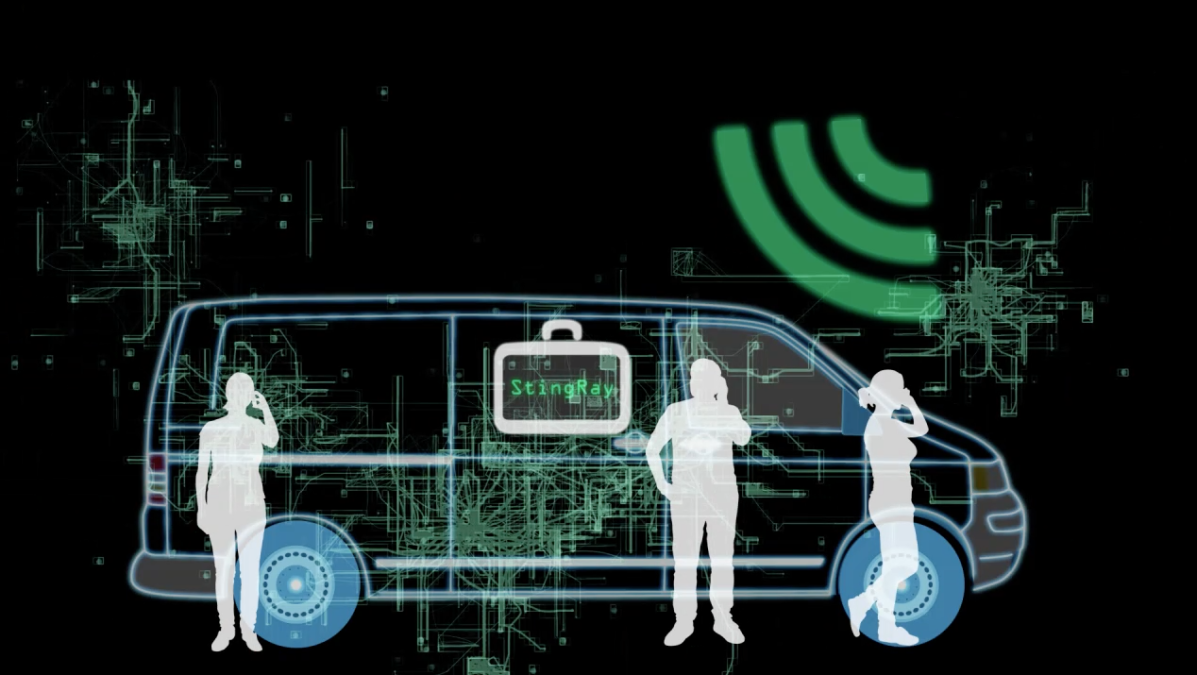|
We’ve seen how effectively the federal government has bypassed that pesky Fourth Amendment requirement for a probable cause warrant by engaging in mass collection of call record data when nobody was looking … or now by simply buying our digital data from data brokers. A similar issue, really a national privacy crisis, is taking place at the local level with something called a “stingray.”
This is slang for a cell-site simulator, which tricks your cellphone into responding to it as if it were a cell tower. It is kind of the digital equivalent of an undercover agent posing as a friend who then snoops around on your phone when your back is turned. Using stingrays, local authorities can and do access data on phones in an area that can be as wide as two miles, sucking up data on everyone, not just the intended target. Authorities will tout it as a way to preempt terrorists and violent criminals, but it is often used by police in routine investigations of nonviolent crimes. In many jurisdictions, what would stop unscrupulous investigators from using stingrays to snoop on political opponents? California is privacy-challenged in many ways, especially in its attitude toward the privacy of donors to causes that can be targeted for harassment and abuse. When it comes to stingrays, however, the Golden State has taken some reasonable steps. A 2015 California law requires local governments to hold public hearings to include some democratic oversight of how this technology is used in a community. Every state should have a similar law. Such hearings would provide one important forum for addressing the significant constitutional concerns from indiscriminate surveillance and data collection. In defiance of this requirement, the city of Vallejo authorized its police chief to develop the department’s privacy and usage policy without a public hearing. The lack of public involvement perhaps accounts for Vallejo’s more free-wheeling invasion of privacy as compared to other California jurisdictions: Vallejo’s usage rate for its cell site simulator is approximately 60 percent higher than the usage of the city of San Jose’s police department, despite the fact that San Jose’s population is nine times larger than that of Vallejo. Late last year, a California state court issued a final decision interpreting the state law in a writ of mandate requiring compliance with the public approval process for Vallejo’s stingrays. Superior Court Judge Bradley Nelson ruled: “Because any policy’s personal purpose is to safeguard, within acceptable limitations, the privacy and civil liberties of the members of the public whose cellular communications are intercepted, public comment on any proposed policy before it is adopted also has a constitutional dimension.” One scholar who has followed this closely is Marilyn Fidler, who reports that “California law is the only state I encountered in my research that mandates a comprehensive, public governance process at the local level, which I have argued is particularly important to regulating police surveillance.” No doubt public hearings are necessary for transparency and democratic oversight. But this should not be a substitute for clear information on the scope and uses of this technology, as well as on what rules are in place to ensure use of stingrays are used within constitutional bounds. This is especially needed given that the ACLU reports the use of stingrays by at least 14 federal agencies. Comments are closed.
|
Categories
All
|


 RSS Feed
RSS Feed